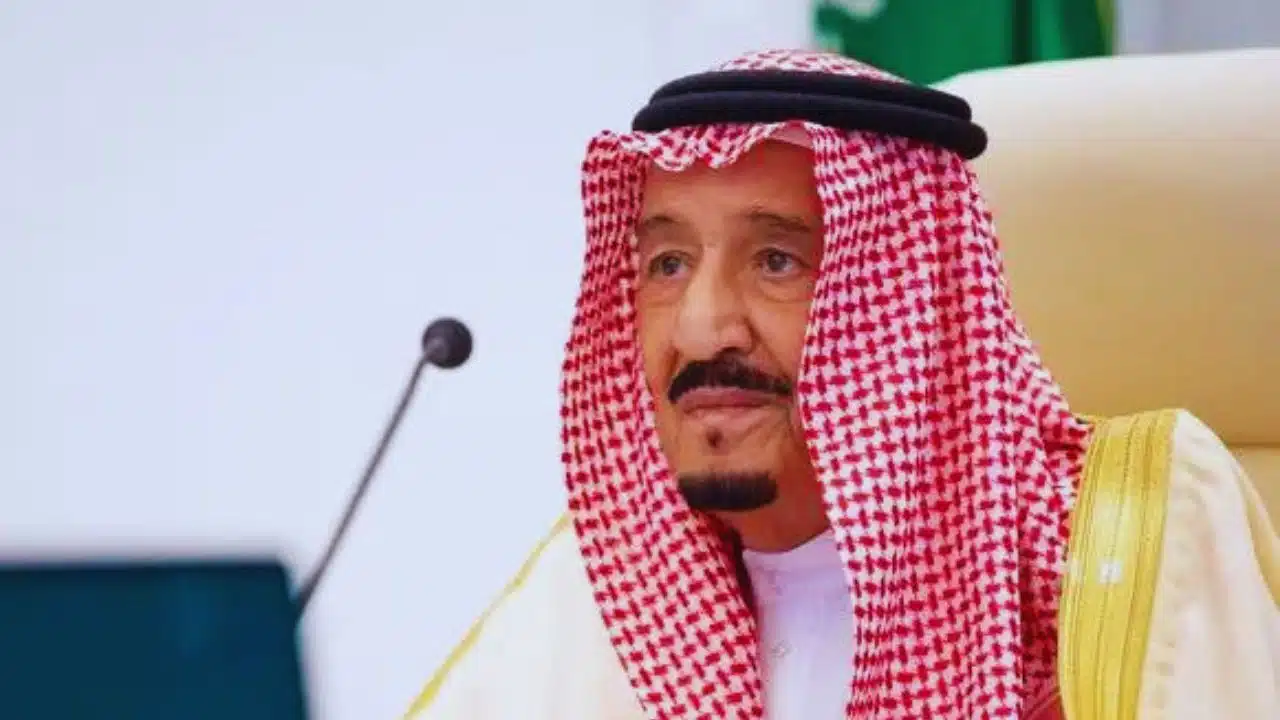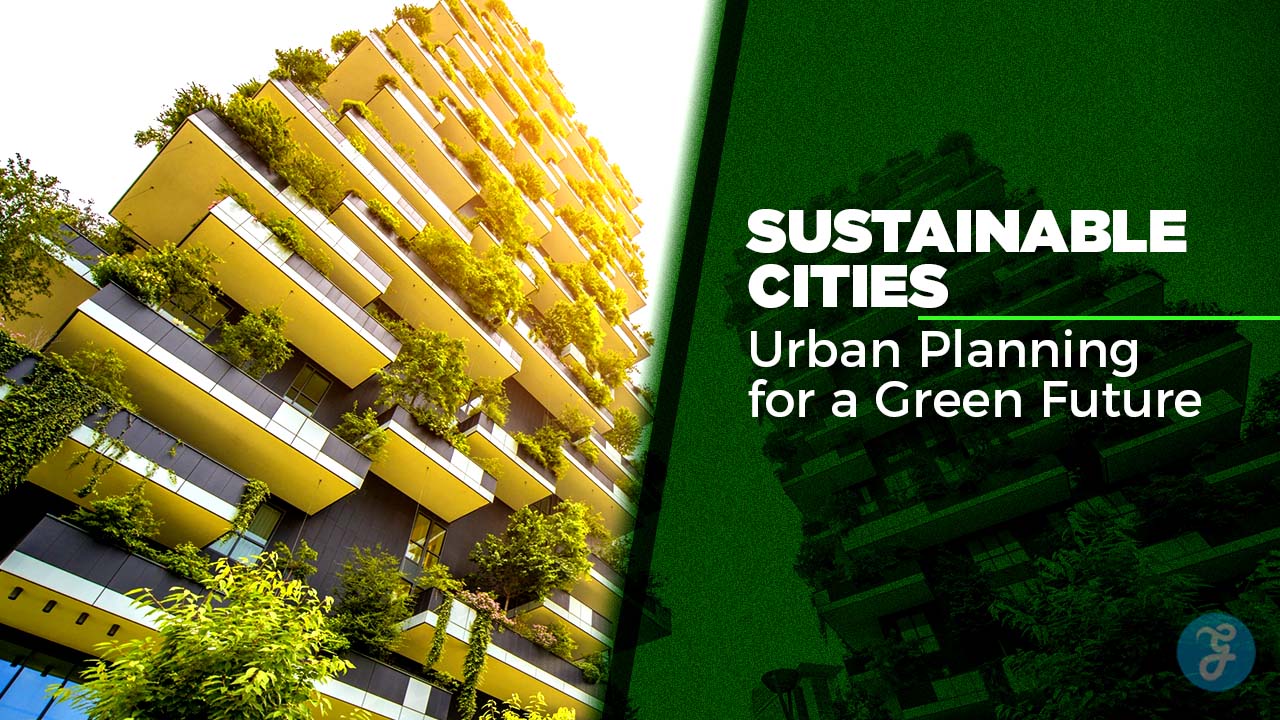DUBAI, May 19 (Reuters) – Saudi Arabia’s 88-year-old King Salman has been diagnosed with a lung infection and will undergo treatment with antibiotics.
This announcement was made by the state news agency on Sunday, following the king’s medical examinations at the Royal Clinics at Al Salam Palace in Jeddah.
The examinations were prompted by his symptoms of a high temperature and joint pain.
Medical Diagnosis and Treatment Plan
The medical team at the Royal Clinics determined that King Salman is suffering from a lung infection.
According to the state news agency, he will be treated with antibiotics until the infection subsides.
The report did not provide further details on the severity of the infection or the duration of the treatment.
Impact on Crown Prince Mohammed bin Salman’s Schedule
Due to King Salman’s health condition, Crown Prince Mohammed bin Salman has postponed his scheduled visit to Japan.
The visit, initially set to begin on May 20, was intended to include meetings with Japanese Emperor Naruhito and Prime Minister Fumio Kishida.
Japan’s Chief Cabinet Secretary Yoshimasa Hayashi confirmed the postponement during a news conference in Tokyo, stating that the Saudi government had informed them of the king’s health situation.
Recent Health Issues
This recent diagnosis comes shortly after King Salman was last admitted to the hospital in April for a routine checkup.
The monarch has faced several health challenges in recent years. In 2020, he underwent surgery to remove his gallbladder, and in March 2022, he was hospitalized to change the battery of his pacemaker.
Despite these health issues, King Salman has continued to fulfill his duties as the ruler of Saudi Arabia.
King Salman ascended to the throne in 2015 after serving as the governor of the central Riyadh region and as Defense Minister.
He has been a prominent figure in Saudi Arabia’s leadership, known for his efforts to maintain stability and foster economic development in the kingdom.
Since his coronation, King Salman has elevated his son, Crown Prince Mohammed bin Salman, to a position of significant influence, effectively making him the de facto ruler of Saudi Arabia since 2017.
Crown Prince Mohammed bin Salman’s Role
Crown Prince Mohammed bin Salman, widely recognized as the driving force behind many of Saudi Arabia’s recent reforms, has been instrumental in implementing social and economic changes.
His initiatives aim to diversify the kingdom’s economy and reduce its dependence on oil. Among these initiatives is the ambitious construction project of Neom, a futuristic city in the desert designed to boost tourism and innovation.
Ongoing Reforms and International Relations
The crown prince has also overseen a crackdown on dissent, aiming to consolidate power and implement his vision for Saudi Arabia’s future.
His role in the kingdom’s day-to-day affairs has been pivotal, especially in light of King Salman’s health issues.
The postponement of his visit to Japan underscores the crown prince’s responsibilities at home, particularly during times of the king’s illness.
As King Salman undergoes treatment for his lung infection, the eyes of the world remain on Saudi Arabia.
The kingdom continues to navigate its path under the dual leadership of King Salman and Crown Prince Mohammed bin Salman.
The health of the king is of paramount importance, and the nation’s leadership is poised to ensure stability and continuity during this period.
The global community watches with interest, particularly given Saudi Arabia’s significant role in regional and international affairs.







































